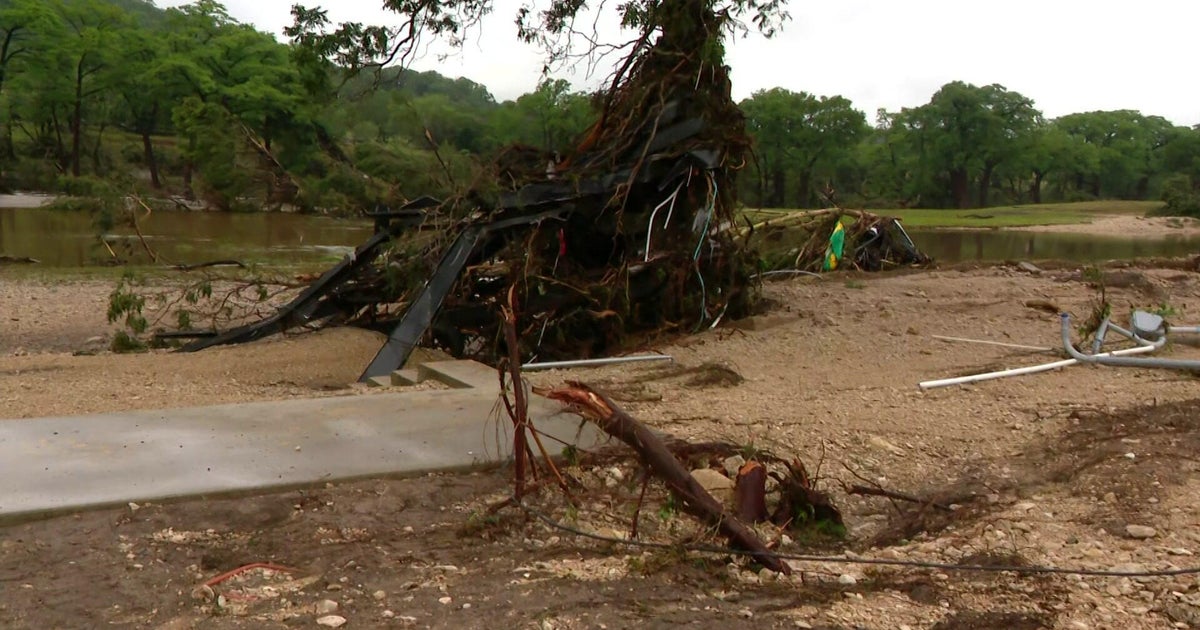(NHC) said a tropical depression has formed off the Southeast U.S. coast on July 4, as a
tropical storm watch has been issued for portions of the South Carolina coastline. The NHC said the Atlantic depression had strengthened into
tropical storm Chantal and was expected to move across the coast of South Carolina on Sunday morning.The tropical storm, packing maximum sustained winds of 40 miles per hour (64 kilometers per hour), according to the NHC, is located about 150 miles (241 kilometers) south-southeast of Charleston, South Carolina. The NHC said a broad area of low pressure off the Southeastern coast has officially been designated Tropical Depression Three, which could produce flooding rains along the Carolinas during the next few days.
According to Fox Weather report, the tropical storm is expected to undergo a little more strengthening through the day Saturday. The storm is then expected to make a landfall on the northern
South Carolina coast sometime Sunday morning.
Tropical Storm Warnings are in effect from South Santee River, South Carolina to Cape Fear, North Carolina. A Tropical Storm Watch is in effect from Edisto Beach to South Santee River, South Carolina. The system is expected to bring 1 to 2 feet of storm surge in areas of onshore winds. Additionally, rough surf and rip currents will continue to plague much of the Carolina coastline through the holiday weekend.
A tropical depression and the heavy rains accompanying it could lead to flash flooding across South Carolina and other parts of the coastal Southeast this weekend, forecasters warned.
The Atlantic hurricane season began on June 1. If it forms, Tropical Storm Chantal will be the third named storm of the season. The storm is expected to bring heavy rain to South Carolina through the weekend. Forecasters expect it to become a tropical storm on Saturday. The system is expected to bring very heavy rainfall and gusty winds to parts of the Southeast, including coastal areas of North and South Carolina.
While the storm will likely cause localized flooding and travel issues, the overall impact will be relatively minor. The NEXT Weather team will continue providing updates as the system evolves.










